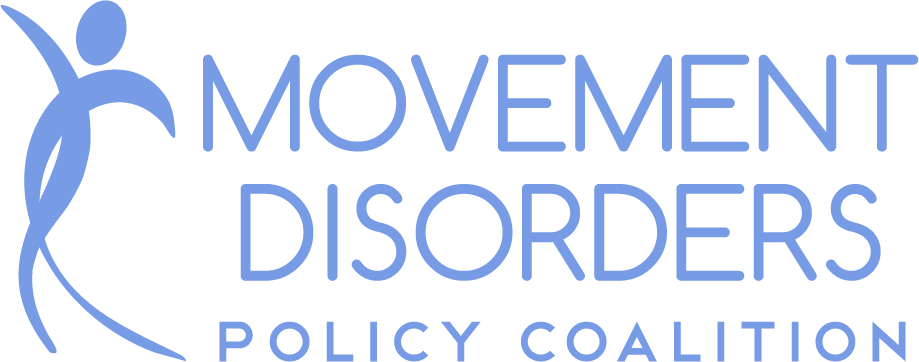from the Institute for Patient Access
Men and women with a co-occurring movement disorder and mental illness experience painful stigma. Fear, shame and isolation hurt them, their families and their communities. Stigma also keeps people from seeking treatment.
That’s why this Mental Illness Awareness Week carries a bold call to action: #CureStigma. October 7-13, millions of Americans join forces to educate the public and raise awareness about the mental health conditions that affect families and communities across the country.
One relevant condition is tardive dyskinesia, which impacts about 500,000 Americans. The neurological syndrome is associated with prolonged use of certain antipsychotics and can cause repetitive movements, from the face to the fingers to the feet. People with tardive dyskinesia may exhibit a range of symptoms from rocking back and forth to excessive blinking. They may inadvertently smack or pucker their lips. These involuntary movements can have a compounding social and emotional effect on people with tardive dyskinesia, who already struggle with an underlying mental illness.
Other people may experience mental illness as a symptom of their movement disorder. Notably, half of people who have Parkinson’s experience depression. Anxiety is another symptom of the chronic, progressive condition. Meanwhile, people with Huntington’s may also experience depression and psychiatric disorders, including obsessive-compulsive disorder, mania and bipolar.
These circumstances don’t just impact older adults. Children experience co-occurring conditions too —and suffer from the associated stigma. Approximately one in one hundred school aged children have Tourette syndrome. Nearly half of these children also experience anxiety and one quarter have depression.
Patients and their advocates look to #CureStigma, freeing people with mental illness to seek the support and treatment they need without shame. Join them this week—and every week—by learning more.

